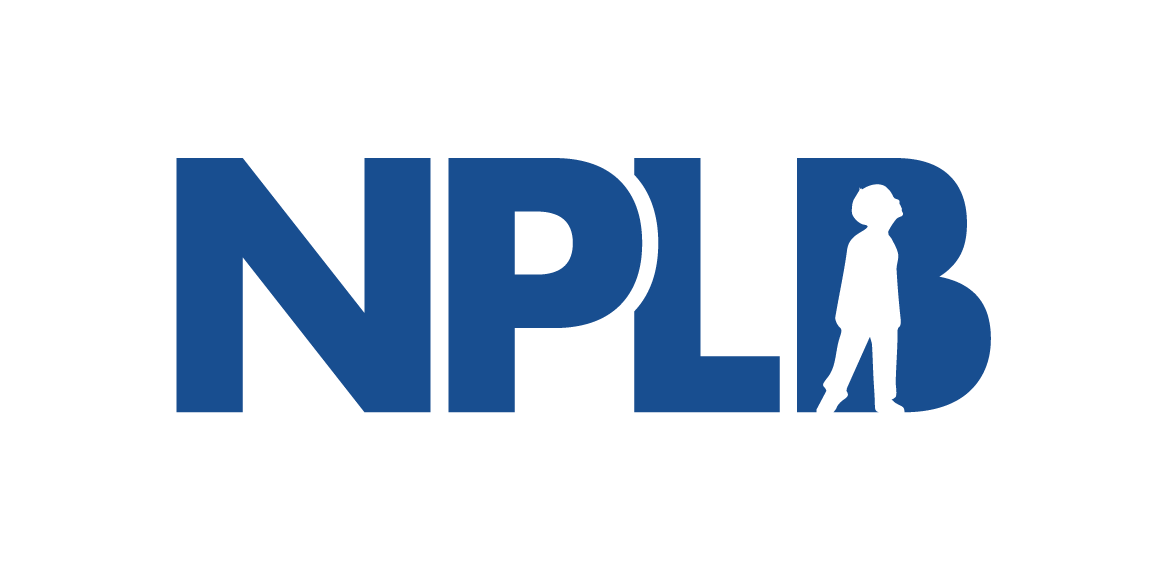The Quest to Defeat Prostate Cancer
Nearly one in eight men in the United States are diagnosed with prostate cancer in their lifetime. Every year, almost 300,000 discover that they have prostate cancer and over 30,000 die from it, making it one of the most survivable cancers and also the second highest cause of cancer death among men.
Behind every statistic is a person fighting for more time, and behind them is a team of scientists, investors, and patient advocates working toward a cure.
Time to End Foreign Free Riding and Fix the Global Imbalance in Biomedical Innovation
American patients enjoy significant health benefits from groundbreaking medicines developed right here at home. Yet, despite rhetoric to the contrary, the prices Americans pay for these innovative treatments are substantially below their true societal value. If other countries paid for them fairly, we would enjoy more breakthroughs, faster, with more savings.
Our Quest to Combat ALS
Over 30,000 Americans are living with amyotrophic lateral sclerosis (ALS).
Behind every statistic is a person fighting for more time, and behind them is a team of scientists, investors, and patient advocates working toward a cure.
Our Quest to Cure Cancer
Over 2 million Americans are diagnosed with cancer each year.
Behind every statistic is a person fighting for more time, and behind them is a team of scientists, investors, and patient advocates working toward a cure.
Our Quest to Defeat Blood Cancer
Over 1.5 million Americans are living with blood cancers—leukemia, lymphoma, myeloma. Behind every statistic is a person fighting for more time, and behind them is a team of scientists, investors, and patient advocates working toward a cure.
Our Quest to Combat Lupus
More than 1.5 million Americans live with lupus. Meet some of the biotech innovators working to develop new medicines to better treat—and even cure—this disease.
Our Quest to Conquer Arthritis
More than 1 million Americans live with rheumatoid arthritis, a painful autoimmune disease that can damage joints, skin, eyes, lungs, and more. Meet some of the biotech innovators working to develop new medicines to better treat—and even cure—this disease.
Our Quest to Defeat Cystic Fibrosis
About 40,000 children and adults in the US and approximately a hundred thousand people worldwide live with cystic fibrosis or CF. Meet some of the biotech innovators working to develop new medicines to better treat—and even cure—this disease.
Our Quest to Cure Ovarian Cancer
About 20,000 American women are diagnosed with ovarian cancer each year. Meet some of the biotech innovators working to develop new medicines to better treat—and even cure—this disease.
Importing European-Style Price Controls Will Gut US Biomedical Innovation
The US system of private, market-based pricing is the foundation of America’s global leadership in biomedical innovation. Proposals to import government price controls from wealthy foreign trade competitors ignore the extraordinary value that the US pricing system delivers to patients, employers, taxpayers, and health plans.
Valuing Healthcare Innovation
When measuring the value of new medicines, some countries rely on an outdated and incomplete methodology that understates the true value of innovative treatments. Setting prices in the U.S. based on these artificially low estimates of value would reduce investment in biomedical R&D and yield fewer novel medicines that address critical unmet needs of patients.
Our Quest to End Skin Cancer
Over 3 million Americans are diagnosed with skin cancer each year. Meet some of the biotech innovators working to develop new medicines to better treat—and even cure—this disease.
Our Quest to Treat Multiple Sclerosis
Nearly a million Americans are living with multiple sclerosis. Meet some of the biotech innovators working to develop new medicines to restore health and happiness to these patients and their families.
Our Quest to Defeat Parkinson’s Disease
Nearly 1 million Americans and over 7 million people globally are living with Parkinson's disease. Meet some of the biotech innovators working to develop new medicines to restore health and happiness to these patients and their families.
Foreign countries rely on flawed and outdated HTA or ”value assessment” methods to justify low prices for medicines
The methods many countries use to evaluate new medicines significantly underestimate the true societal benefits of innovative treatments. When high-income countries use traditional methods as a bargaining tool to deny coverage and/or secure lower prices, they free ride on the R&D investments of others and reduce patient access to novel medicines in their own countries.
The Massachusetts Paradox
The Massachusetts biotech industry leads the world in innovation and drug development. But its companies don’t have the support of its own leaders. Why?

















